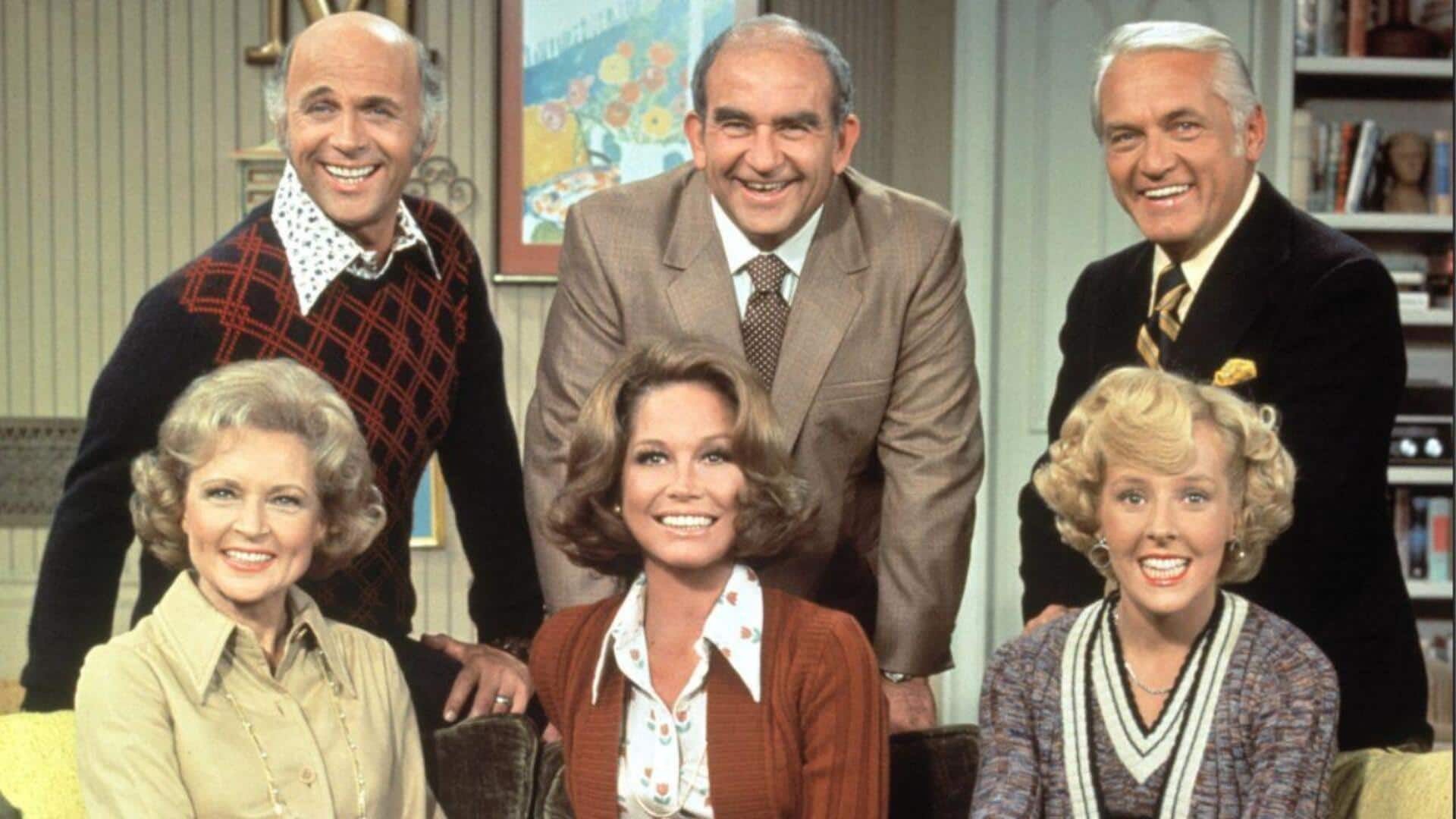
Iconic moments that made 'Mary Tyler Moore' show a classic
What's the story
The Mary Tyler Moore Show, a groundbreaking sitcom of the 1970s, gave a unique perspective on American life. Set in Minneapolis, the show explored themes of independence, friendship, and career aspirations. Through its characters and storylines, it reflected societal norms and challenges of the time. Here are five moments from the show that highlight its portrayal of America.
#1
The independence of Mary Richards
Mary Richards was a trailblazer for women in the 1970s. As a single woman working as a producer at a news station, she broke stereotypes and inspired many. Her character's journey highlighted the struggles and triumphs of women seeking independence and equality in the workplace.
#2
Rhoda's fashion revolution
Rhoda Morgenstern's character was famous for her bold fashion choices, which mirrored the changing trends of the era. Her style was a reflection of the youth culture and the desire for self-expression that defined the 1970s. Rhoda's wardrobe choices not only added humor to the show but also served as a commentary on societal shifts towards more liberated personal expression.
#3
Lou Grant's leadership lessons
Lou Grant, Mary's boss, was more than just a gruff editor; he was a mentor who taught valuable lessons about leadership and integrity. His character embodied traditional masculine roles while also showing vulnerability and compassion. Through Lou's interactions with his team, viewers got insights into workplace dynamics prevalent during that time.
#4
Georgette's wedding dream sequence
Georgette Baxter's wedding dream sequence showcased traditional American values around marriage and family life. This moment captured both humor and heart as it explored societal expectations surrounding relationships. Georgette's dreams contrasted with Mary's career-focused lifestyle, highlighting differing perspectives on personal fulfillment.
#5
Ted Baxter's media satire
Ted Baxter provided comic relief but also offered sharp satire on media personalities of his time. As an ambitious news anchor often more concerned about fame than facts, Ted's antics critiqued television's influence on public perception. His character's exaggerated behavior mirrored concerns about media sensationalism that were emerging in American society.